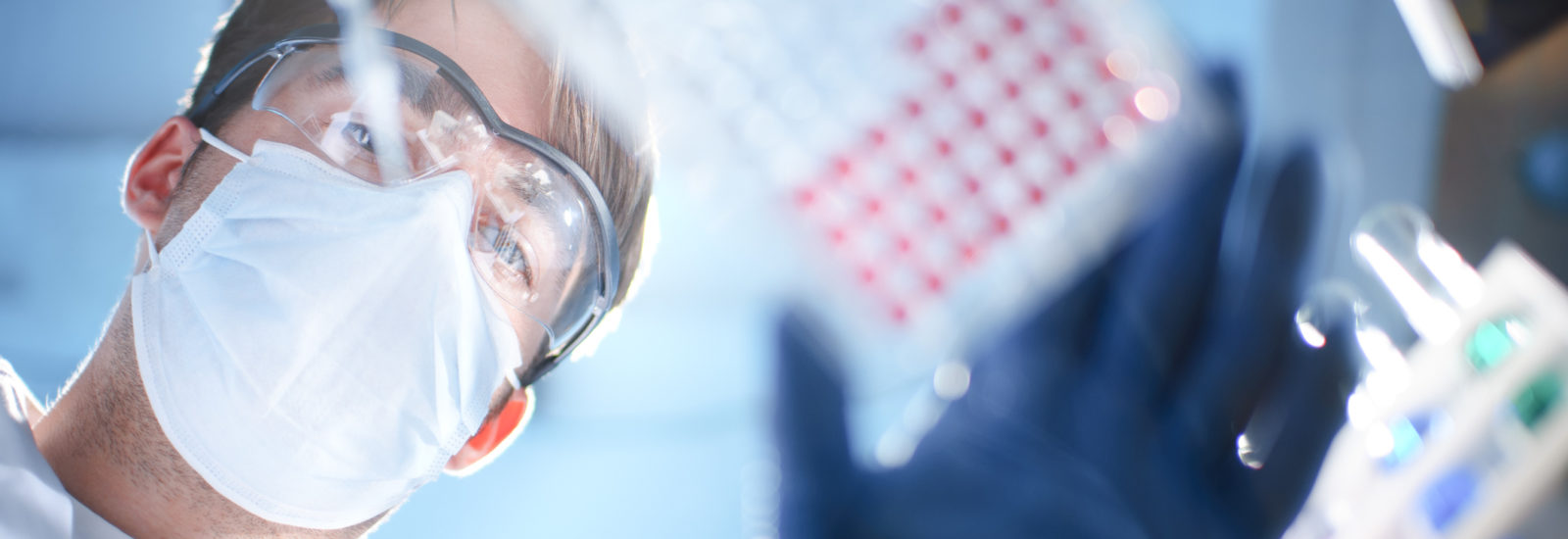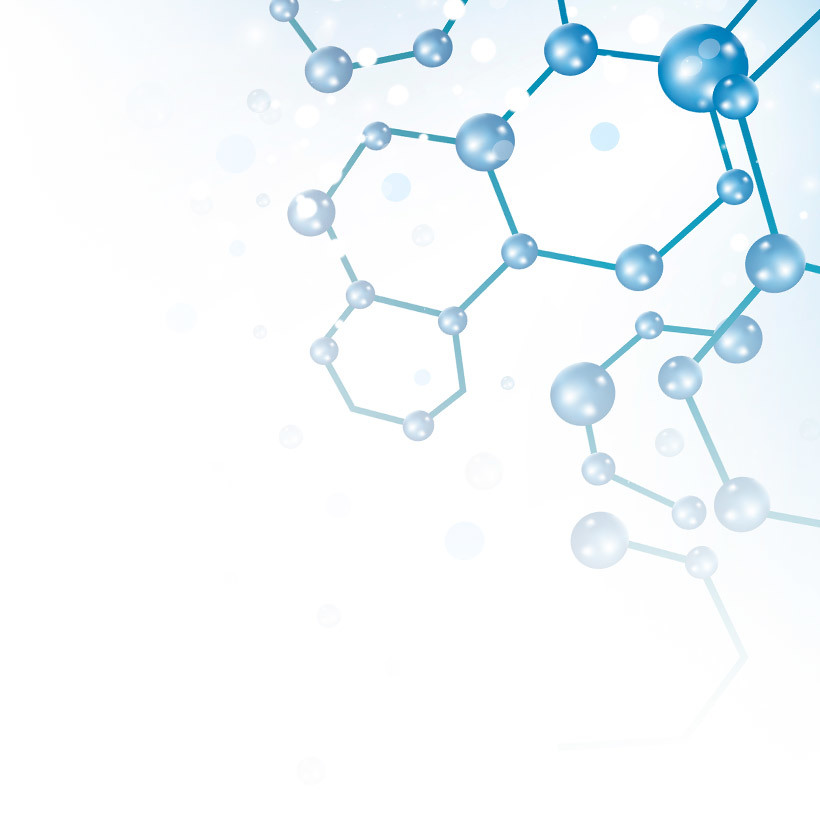
This year at XenoTech we celebrate our 25th birthday, and our partner in Japan turns 64!
Looking back over our history, it is clear we have come a long way in our growth– including partnership with a highly established laboratory in Tokai, Japan, expanding our offerings and adding to our already extensive expertise in non-clinical testing services for drug developers worldwide.
Long before joining our previous parent company, SEKISUI, XenoTech was created to accommodate rapid growth in demand for reliable drug metabolism studies as drug safety testing underwent a scientific revolution…
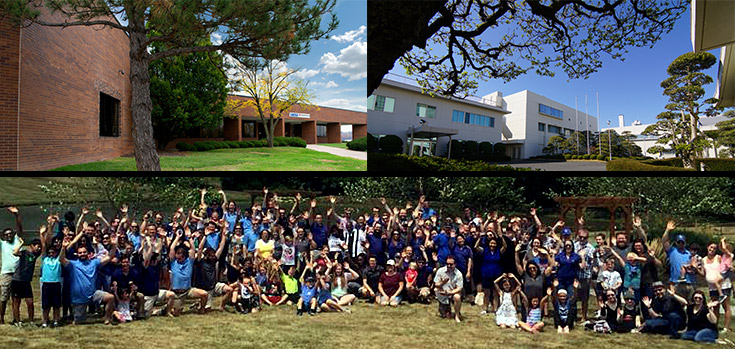
In 1994, Dr. Andrew Parkinson was working in a lab at the University of Kansas Medical Center studying xenobiotics and recognized the growing need for drug developers to have an expert partner they could trust to explore the complexity of potential pathways of a drug through the body—much more work than one small university lab could handle. Thus, XenoTech was started by a small group of ambitious scientists eager to apply their expertise to development of safe, effective therapies for the patients that need them.
The name XenoTech stems from the term xenobiotic, a foreign substance to the body (such as a drug) which can have therapeutic or harmful effects– the space carved out by XenoTech and others explores intricacies of a drug’s metabolism and pharmacokinetic (DMPK) properties through investigation of interactions with the body via absorption, distribution, metabolism, and excretion (ADME). Many aspects of these properties can be explored through definitive experiments in vitro and have become prerequisite for entry to clinical trials, so drug companies have come to rely on the experience of experts at XenoTech for quality studies carefully designed to meet rigorous testing standards.
Young XenoTech developed as a leader in its field, writing the book on xenobiotic biotransformation— literally! The authors of the Biotransformation of Xenobiotics chapter in Casarett & Doull’s Toxicology have been predominantly XenoTech scientists. Some of the methods of conducting ADME studies or producing high-quality test systems which are now standard across the industry were born within our walls, and scientists have continued that legacy of leadership ever since.
For the next 15 years, XenoTech grew to provide products and services specific to nonclinical in vitro studies for worldwide drug developers used in submissions for regulatory approval. Over that time, the company grew from just a few people in a small lab to a state of the art laboratory facility in Kansas.
Then in 2008, XenoTech was acquired by SEKISUI Chemical, an $11 billion global company specializing in high-performance plastics, urban infrastructure, environmental products, and housing. A critical result of that transition was to significantly expand our capabilities by joining forces with another ADME laboratory across the world.
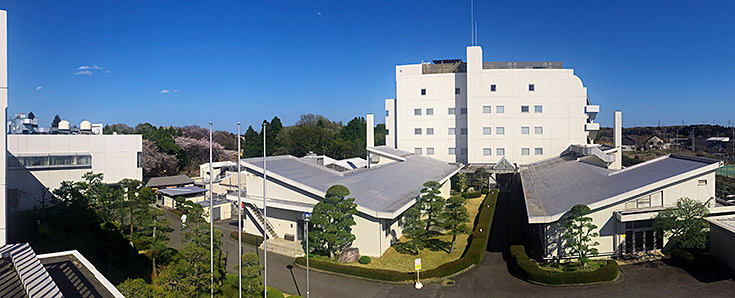
That laboratory is called The Drug Development Solutions Center and got its start almost 40 years before XenoTech. In 1955, Japan’s first radioisotope (RI) laboratory was established by Daiichi-Pure Chemicals to research and produce 14C labeled compounds, beginning a fateful journey that would eventually lead them to us.
Following the research of 1943 Nobel Prize winner, György Hevesy, use of isotopic labeling to trace a chemical compound through the body was widely adopted and necessitated an entire industry of providers and expert researchers specializing in RI synthesis. The utility of specific isotopes, namely 14C, in detection of a labeled compound was repeatedly scientifically validated and consequently became required by the Organisation for Economic Co-operation and Development (OECD) in mass balance and metabolite identification studies. 14C is ideal for various in vivo and in vitro testing due to a long half-life and suitability for attachment to both parent molecule and metabolites without compromising the biological and chemical behavior in metabolic pathways.
In 1965, the laboratory was expanded to meet the growing demand for RI compound synthesis, moving to a sprawling, campus-style facility in a small town outside of Tokyo called Tokai-mura. In nascent years, business was built on radiopharmaceutical production and custom synthesis of radiolabeled compounds for use in studies off-site. But the lab soon expanded its niche role to also conduct the studies themselves, and in 1971 became the first in Japan to contract ADME studies in vivo.
The company continued to build experience and expertise in this field, and since has risen to become the largest market share holder for ADME studies in Japan.
In 1995 the Tokai facility again expanded its offerings to meet the growing needs of drug developers to offer GLP-compliant Toxicokinetic studies as well. The facility has since received eight inspections, each resulting in validation of GLP-compliant status, as well as approval from The Association for Assessment and Accreditation of Laboratory Animal Care International (AAALAC) for appropriate use of laboratory animals in accordance with international standards.
In another display of leadership, the lab became the first in Japan to offer micro-dosing clinical trials and received the Ministry of Economy, Trade and Industry (METI) Minister’s Award for “Development and Commercialization of Revolutionary Drastic Drug Discovery Technology by utilizing Microdose Clinical Studies.”
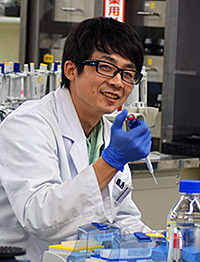
In 2016, the facility officially adopted the name Drug Development Solutions Center. In appreciation of many thousands of studies performed over 50 years, the Center boasts an expansive selection of in vivo services regulated by various agencies (FDA, EMA, PMDA) in addition to custom testing for drug characteristics in molecular species beyond what is specified in regulatory guidelines.
The acquisition by SEKISUI in 2008 and subsequent partnership to XenoTech serves to represent another step toward comprehensive ADME, joining their in vivo expertise to our in vitro. Areas of current research expansion include drug transporters, drug-drug interactions, and more; the research conducted and shared between the two campuses strengthens our ability to move forward in improving testing practices and expanding industry knowledge of predictive assays in silico, in vitro, and in vivo.
Together, we proudly offer a uniquely qualified suite of nonclinical studies and test systems to help drug developers navigate through myriad possible circumstances and feel confident in partnership with the true experts in ADME/DMPK/DDI.
Learn more about:
About the Authors
Related Posts
In Vivo ADME: What You Need and Why You Need It
Mass Balance Studies: What You Need and Why You Need It
Toxicokinetic (TK) Analysis for Preclinical Drug Development
Subscribe to our Newsletter
Stay up to date with our news, events and research
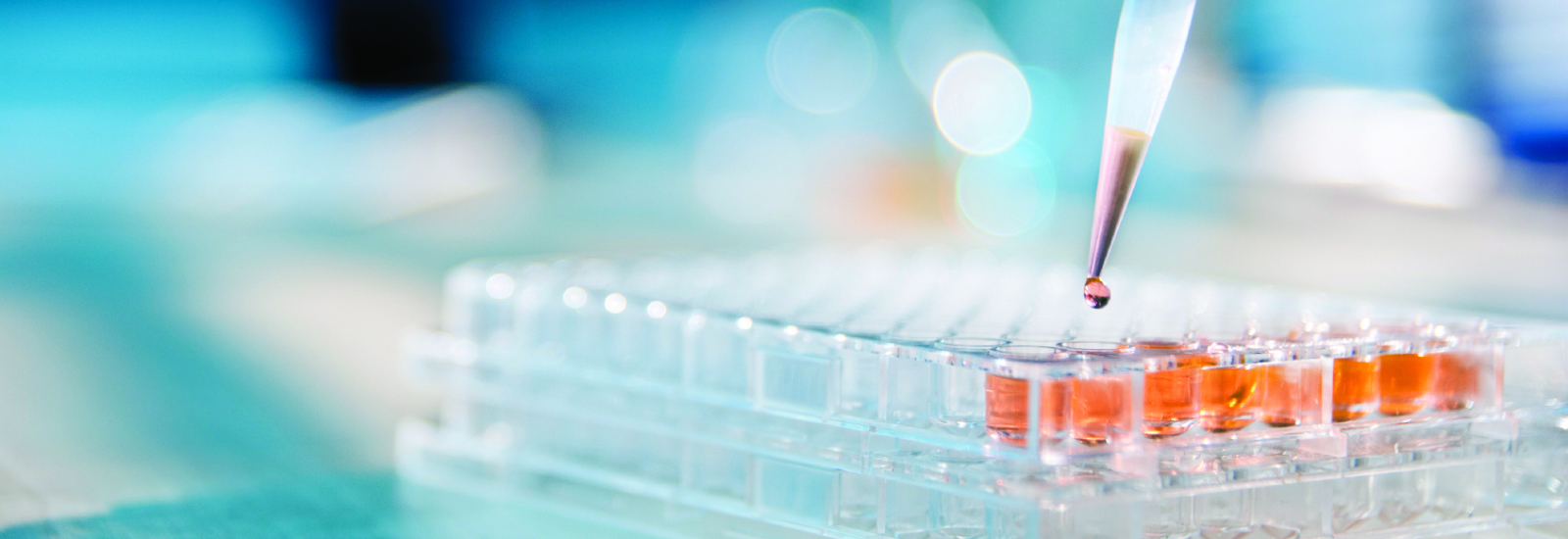
Do you have a question or a request for upcoming blog content?
We love to get your feedback
